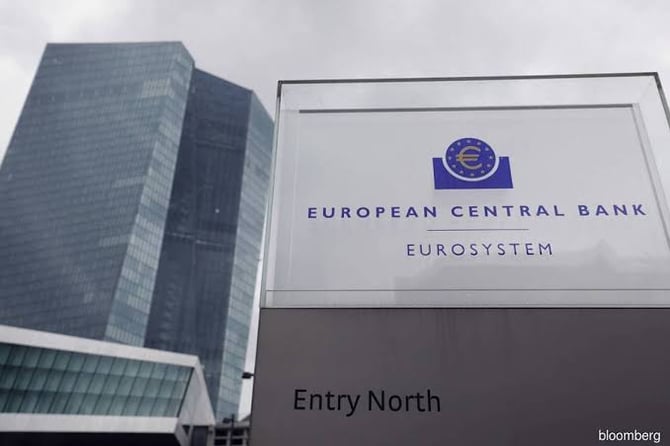European Central Bank Raises Record Rates but Says No More

The European Central Bank (ECB) raised interest rates by a quarter of a percentage point to 4% Thursday and hinted it was done with its protracted campaign of rate hikes to tame stubborn inflation.
The ECB has hiked its primary interest rate for the 10th straight time, reaching a peak not witnessed since the euro's inception in 1999. Year-over-year inflation rates in the Eurozone — a group of 20 nations using the euro — were on a decline until they hit a roadblock last month, plateauing at 5.3%. This number is way beyond the ECB's 2% target, largely due to surging energy prices.
Germany's economy, the powerhouse of Europe, paints a picture of concern. Second-quarter output remained stagnant, suggesting the nation is finding it challenging to recover from a downturn experienced last winter. During that period, Germany's GDP declined for two successive quarters.
Recent figures aren't painting a brighter future either. July saw a 1.1% drop in industrial production both in the Eurozone and the wider European Union, as per data released by the European statistics bureau on Wednesday.
What does this mean for me?
Economists agree that the ECB’s focus now seems to be on keeping borrowing costs high, rather than raising them again. The euro area economy eked out minimal growth in the April-June period, expanding by 0.1% compared with the first quarter.
Based on the ECB’s current assessment, key interest rates have reached levels that, maintained for a sufficiently long duration, will make a substantial contribution to the timely return of inflation to the target of 2%.
Based on the ECB’s current assessment, key interest rates have reached levels that, maintained for a sufficiently long duration, will make a substantial contribution to the timely return of inflation to the target of 2%.
More News
.webp)
Japan’s Rate Shift Is Rippling Through Global Bond Markets
1 week ago

China’s Growth Engine Stalls as Consumers and Investors Pull Back
1 week ago

Egypt’s Recovery Gains Traction as Household Pressure Lingers
2 weeks ago

OECD Warns AI and Tariffs Will Test the Global Economy
3 weeks ago

Zero Tariffs, Higher Drug Bills as US and UK Reset Pharma Trade
3 weeks ago

Catastrophe Bonds Go Global as Climate Risk Meets Yield Hunting
4 weeks ago
.webp)
Canada Shields Steel and Lumber Industries From Tariffs
1 month ago

Trump Drops Selected Tariffs in Response to Inflation Pressures
1 month ago